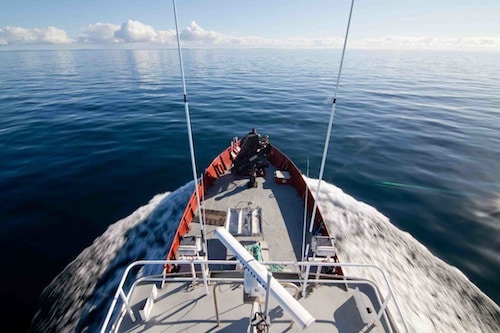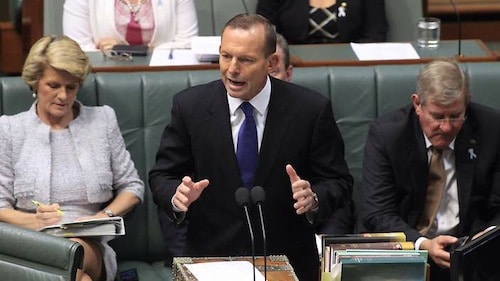An article written by a Hobart correspondent for Faifax Media has negatively twisted what is an incredibly positive story about resilient stock recovery.
The journalist involved needs to rebuke their sources as the accuracy of the article is WAY OFF.
The story could have been – “scientists continue to recommend increases in SBT quota.” Since 2011, the quota has been set on the scientific recommendation ( www.ccsbt.org).
Critics love to quote the science when it suits – but as soon as the science does not fit, they ignore it.
Previously the quota has been set largely by political deals. For example, in 2009, NZ had its quota increased, and Australia’s quota was cut by 25%. Unsurprisingly, NZ then announced that it would agree to a commercial catch of whales. The Australian Trade Minister arrived in Tokyo two days after the tuna talks to finalise a Free Trade Agreement, but unsurprisingly achieved nothing.
Therefore the journalist relying on the Japanese and NZ Governments on this issue is falling for the 2009 propaganda machines of those two governments.
Errors in the article include
(1) Japan is not complaining about the “count.” The count is carried out by Government experts and re-counted time again. Japan is complaining about the average weight sample, which is also carried out by Government experts – not industry. Every time Japan is asked to provide the data used for this claim, they refuse to supply it.
(2) Why would some of the world’s best fisheries scientists (including an independent Panel) recommend increases in catch quotas for an “endangered” fish? That would be a good story. It is not endangered according to anyone (see the EPBC Act) except the IUCN which provides not one bit of evidence on its site for that (seewww.iucnredlist.org), despite them listing it in 1996.
(3) Everyone agrees that what Japan is proposing kills fish, reduces their value, breaks State laws, and which Japan itself will not introduce it. It is also $600,000 EXTRA cost, on top of the $400,000 the existing system = $1 000 000 = lost jobs for no good reason.
(4) It is not “100 fish killed during the tow”
a. None of the fish are killed. They are all returned live to the water.
b. It is not 100 fish – it is 100 fish ≥10kg – effectively an unlimited number of fish.
c. The sample is not taken during the tow. It is taken after the tow is finished.
If this journalist can get so many facts wrong in an article, the misleading angle on the story becomes suddenly unsurprising!

